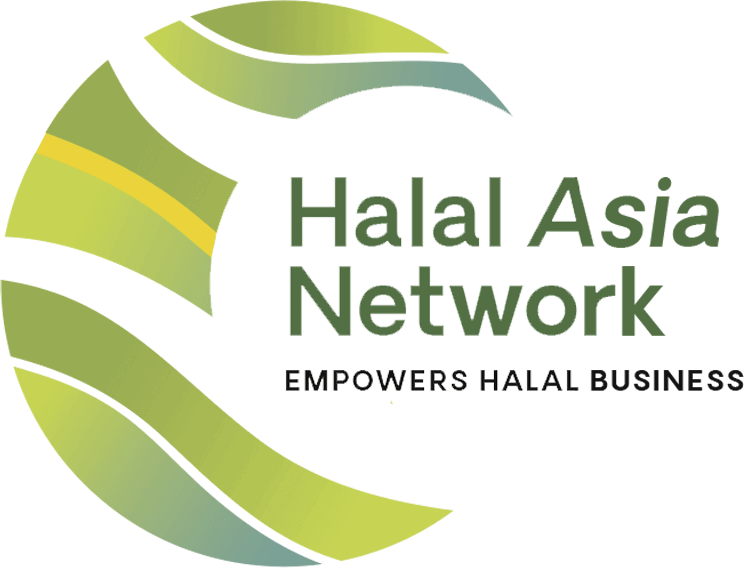South Korea's food industry is actively targeting Indonesia's thriving halal food market following a recent Memorandum of Understanding (MOU) signed between the two countries. With its 277 million-strong population, Indonesia holds the world's largest Muslim-majority demographic, boasting an estimated annual halal food market worth $225 billion.
To access this market, Korean companies must secure certification from the Indonesian Ulema Council (MUI), a process known for its complexity and costliness. The recent MOU is expected to streamline this certification procedure, potentially aligning standards between the two nations.
One notable success story is Daesang Corporation, a Korean company with a presence in Indonesia since 1973. Daesang has already obtained MUI certification for several products, including kimchi and local brand 'Mama Suka' soybean oil and instant coffee. In 2021, Daesang garnered approximately $374 million in revenue from Indonesia, accounting for 37 percent of its total overseas sales. The company aims to elevate its local sales target to $1.2 billion by 2030, making Indonesia a focal point of its international expansion.
Other Korean firms like Nongshim and Samyang are also eyeing an increased footprint in the Indonesian market with MUI-certified products. Samyang, famed for its spicy noodles, has secured certification for over 30 products, capitalizing on the popularity of the "Buldak- Bokkeum-Myeon," or Korean Fire Noodle, in Southeast Asia. Nongshim, a major noodle exporter to around 40 Arab countries, plans to boost exports to Indonesia in the upcoming months.
Additionally, GoPizza recently founded the Parbake Innovation Center in Indonesia, becoming the first South Korean pizza brand to obtain MUI certification. The company foresees that transitioning into a halal brand could lead to a 15-25 percent surge in sales, especially in countries with substantial Muslim populations, such as Indonesia and Singapore.
Source: https://pulsenews.co.kr/view.php?year=2023&no=690190

